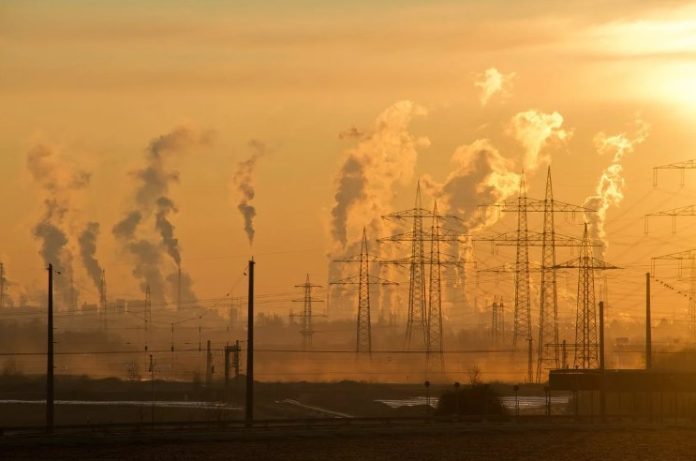Continuing capping and offsetting energy prices in Romania throughout 2023 did not boost competition among energy companies at all, while customers had no incentive to change supplier, according to a report on developments in trade competition in key sectors in 2024 released on Wednesday by the country’s Trade Competition Council.
„As far as natural gas production is concerned, the market remains very concentrated, being divided between the two large producers, whose cumulative shares have increased slightly compared to the previous year. The next competitor, although it produces at full capacity, remains at a significant distance (about 20 percentage points) from the second competitor. In addition, the distance of the first player from his main competitor is noted (…) Regarding the activity of supplying natural gas to household users, the demand is clearly seasonal and depends on factors such as the temperatures recorded and the duration of the winter season. As for 2023, according to available data, there is a 6.4% decrease in household customer consumption compared to 2022 (…) Continuing with the capping and offsetting measures implemented by Emergency Ordinance 27/2022 and during 2023 failed to boost competition among companies operating in this market at all, and the users had no incentive to change the supplier. Although there were suppliers with offers intended exclusively for new household customers (those who were not previously customers of the supplier) and with final prices below the ceiling imposed by OUG 27/2022, they could not boost household customers to migrate and choose these offers,” says the report.
In 2024, natural gas consumption has decreased by 6.5% from 2023, as a result of the fact that the group of industrial consumers in energy-intensive sectors „considered natural gas prices to still be too high for their production activities”.
Also, the profitability of the natural gas supply in 2023 was influenced by late payments owed by the government to natural gas suppliers to compensate for the price difference incurred by them under the price cap mechanism for the final users. However, unlike the previous year, in 2023, only the two suppliers in the PPC group (formerly Enel) recorded significant losses, with the rest of the big players (Engie, E.On and Premier Energy) recording profits.
As for the production and sale of electricity, compared to 2022, the market registered an increase in competitive pressure.
„In 2023, there were several changes in market shares (for example, reductions for the Oltenia Energy Complex and OMV Petrom and an important increase for Hidroelectrica). At the level of electricity production, based on data published by Transelectrica, there is a 5% cut in consumption from 2022, which implies a slightly decreasing demand. Most likely, the profitability of producers was considerably reduced as a result of the implementation, in Romania, of the Centralised Electricity Purchase Mechanism (MACEE), through which electricity was purchased in a regulated manner, but also of the still high prices of CO2 certificates, which significantly influence the costs of producers who have the obligation to acquire such certificates.”
Specialists highlight the fact that on the electricity supply segment there is a decrease in competitive pressure compared to the year before.
„In 2023, there was a decrease in the degree of market concentration, as a result of the continued increase in Hidroelectrica’s share, but also as a result of other changes in market shares. From the perspective of the retail market, demand is relatively stable, with seasonal fluctuations. In 2023, fluctuations seem to have increased slightly, given that some industrial consumers have reduced their activity, as shown by data published by ANRE, which indicate a 6% decrease in consumption under competitive conditions (…) Given the decrease in electricity purchase prices, the profitability of market participants increased from 2022, although it is probably affected by the late payments owed by the government to electricity suppliers to compensate for the price difference incurred by them under the price cap mechanism for the final customer.”
The report was prepared by the Research Directorate – Chief Economist’s Unit and approved by the Plenum of the Competition Council at the meeting of October 15, 2024.
AGERPRES




